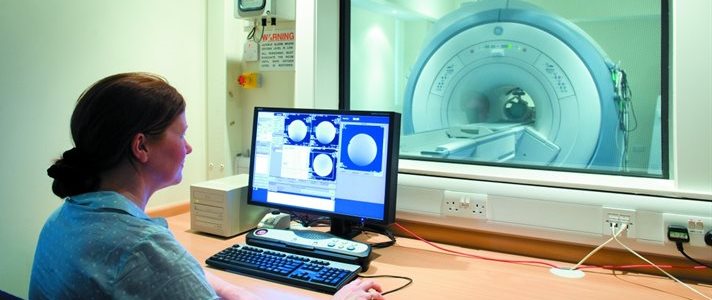
Promoting direct democracy in the NHS in Nottingham and Nottinghamshire
Nottingham University Business School has been working with the Nottingham and Nottinghamshire NHS Integrated Care Board (NNICB) to develop a long term strategy for citizen engagement and democracy in the NHS
Duration: 2023-2026
Funder: Co(l)laboratory Nottingham
Partners:
Nottingham Trent University
CHILL investigators:
- Professor Stephen Timmons
- Julia Cons
Research summary
Background:
It is acknowledged in the literature (Heath 2018) that the NHS could be more democratic and accountable to the citizens it serves. Citizen juries are one method of making public organisations more democratic and accountable. A citizen jury is a small group of citizens - between 8 and 20 - who are given detailed briefings on a decision that will be taken on a strategic issue for a public body, for example: the siting of a new hospital. The citizen jury then works through a facilitated process,typically over a day or two, to reach a decision that will inform the public body.
The new NHS Integrated Care Boards (ICBs) are required by statute to develop citizen engagement, and direct democracy/citizen juries is one possible way of going about this. Nottingham University Business School has been working with the Nottingham and Nottinghamshire NHS ICB (NNICB) in this area for some time on developing this kind of engagement work, and the establishment of the NNICB Citizens’ Panel in 2022 is the first stage of this journey for NNICB.
Benefits:
NNICB intends to develop a long-term strategy for citizen engagement, notably around the new hospital for Nottingham project (part of the government’s commitment to 40 new NHS hospitals). Clearly this is major development both for the NHS locally and for the city and county as a whole. NNICB is committed to a much more engaged and inclusive way of working with citizens than has been usual in the NHS historically and this presents a unique opportunity to study how an NHS organisation makes this transition.
NNICB are enthusiastic about trying methods of engagement that include citizen juries, and while this have been used in the NHS so far, these instances tend to have been as a one-off, related to a particular project, rather than as part of a longer-term strategic approach to citizen engagement, as proposed by NNICB. Feedback from this research will continue to inform NNICB’s approach to local engagement, developing our existing relationship in this area. This will play a part in the development of NHS services locally, particularly as NNICB is planning for the new Nottingham hospital, an issue where there is already substantial public interest.
This project has been co-created and is supported by researchers from Nottingham Trent University, the University of Nottingham and partners at the Nottingham and Nottinghamshire NHS Integrated Care Board.
The project aims to answer the following research questions:
- How does the NNICB use, and make sense of, strategies like direct democracy and citizen juries as part of its engagement with the public, including planning for the new hospital for Nottingham?
- What do local NHS stakeholders think about the strategy for citizen engagement that NNICB is using?



